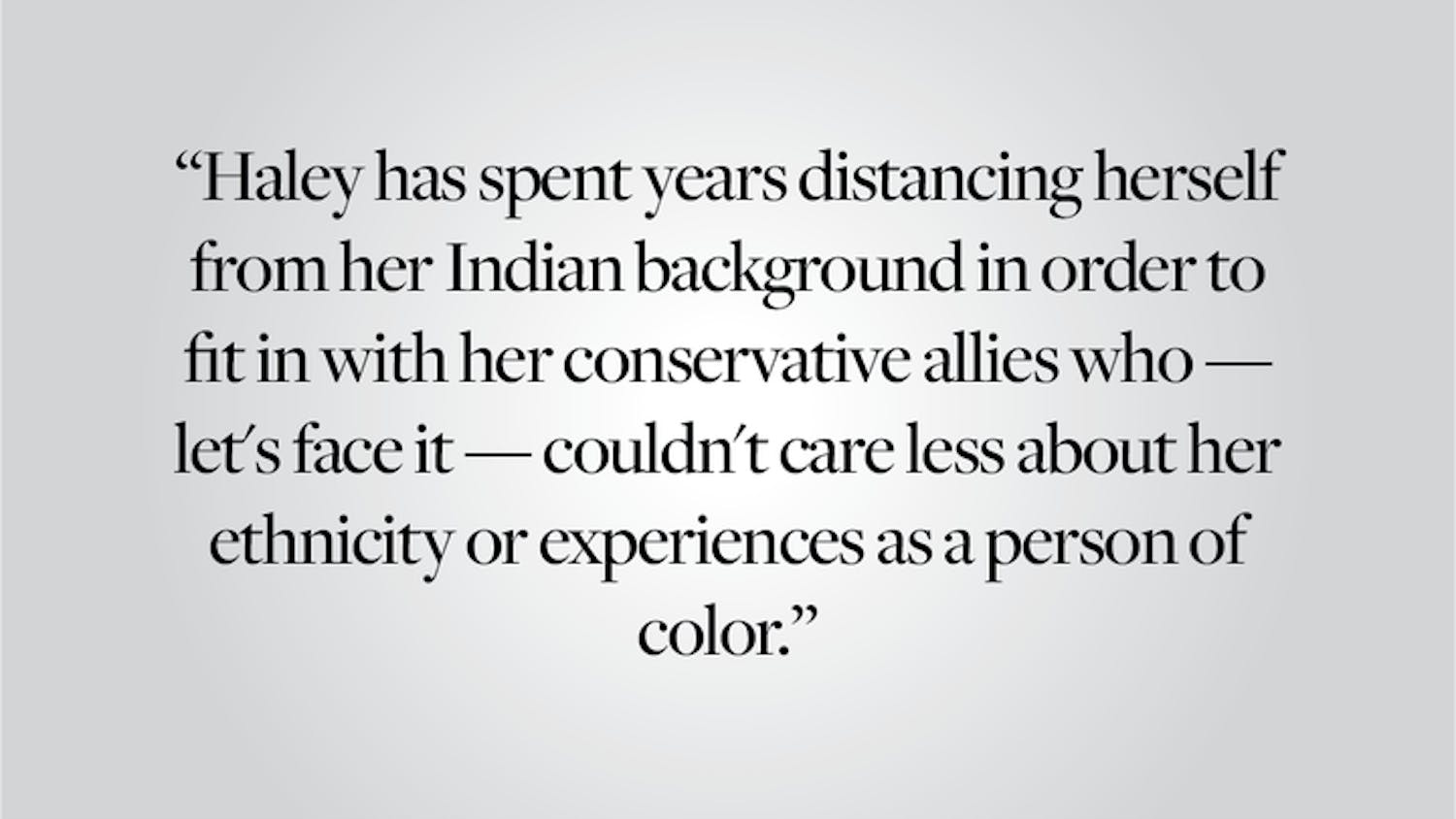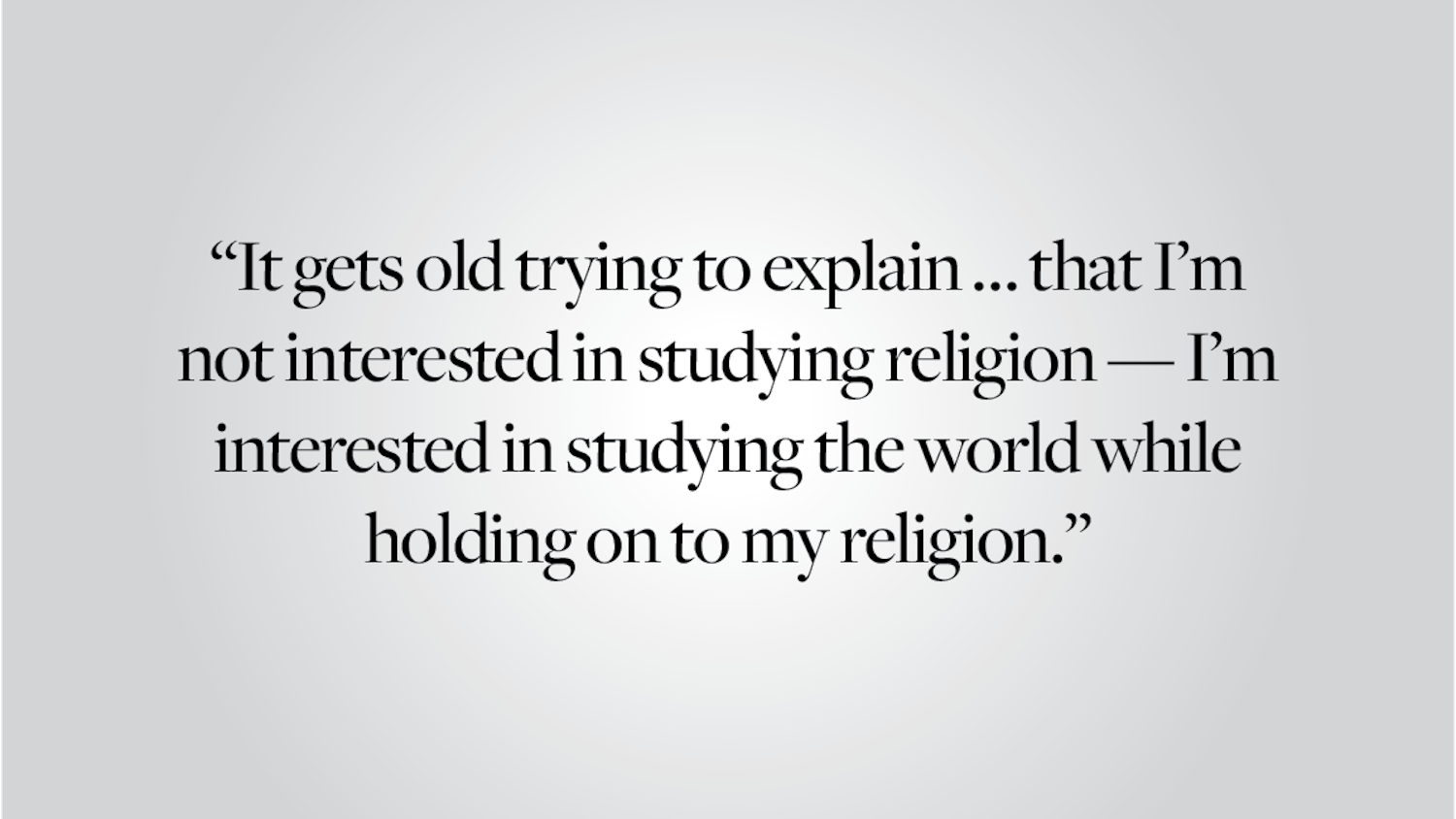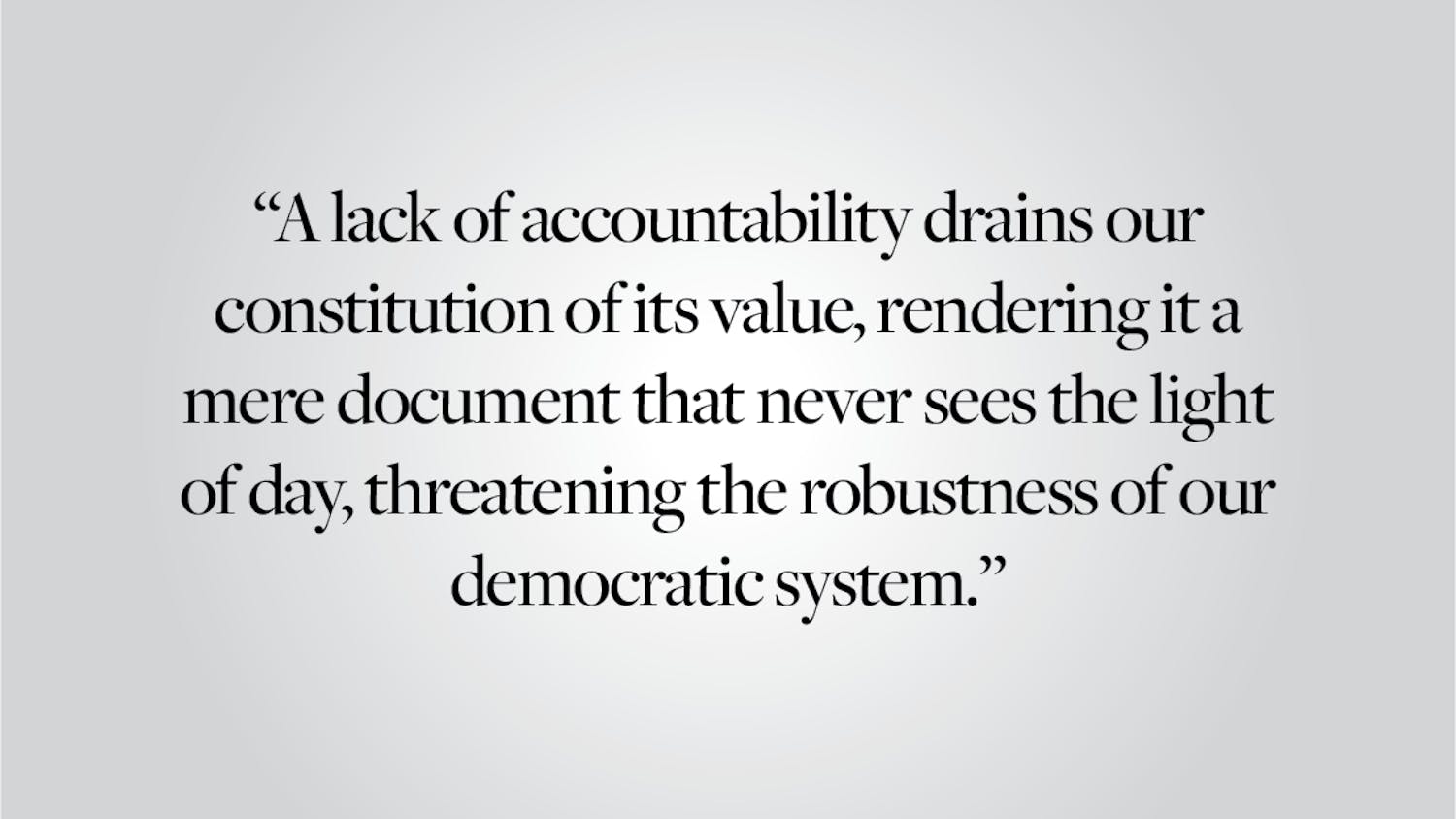Wednesday morning, Rhode Island National Public Radio’s political analyst Scott MacKay tweeted a link to Joe Conason’s blog post for the National Memo, “What Do We Tell the Children About Their Country Now?” As the mother of a 12-year-old and a 17-year-old who are both worried about the election outcome, I’ve been reading quite a few blog posts on this question. But what helped me the most was a meeting I attended Wednesday morning with the Providence Youth Arts Collaborative, a coalition of nonprofit organizations that offers free after-school arts programs to thousands of public school children in neighborhoods around the city.
At about 11 a.m., eight of us entered Everett’s Carriage House Theatre in Mount Hope. Sebastian Ruth ’97, artistic director of Community MusicWorks and assistant professor of the practice of music at Brown, silently took out his violin and for 15 minutes played Johann Sebastian Bach’s “Chaconne” for our small group. The reverberating sounds of his violin filled the space, sounding to me like waves of cries and sighs of loss. Ruth told us that Bach wrote the song after learning his wife had died.
We sat in silence for a long while until Anjel Newman, director of AS220 Youth, in response to the piece, read her reflections on what the election means to her as a mother and a woman of color. After that, Jan Marie, an artist at Everett Company, slowly and methodically listed all the names of the young people she works with, citing each student’s personal stories (one is gay; another’s mother recently passed away; another has brothers in jail) along with their strengths (kindness, artistry, compassion and camaraderie).
Vanessa DeNino, Americorps program director at Providence CityArts for Youth, asked the very question from MacKay’s tweet: How do we talk to the children now? Her face was etched with concern, regretful that she was not successful in convincing a middle school teacher to support an art project because the teacher was worried it was too political.
In an election when the data failed us, when the media pundits seem unmoored by what happened Tuesday, I found comfort in the people in that room. I have always been skeptical of our over-reliance on data — in education, especially — when it comes at the expense of empathy, intuition and creative thinking. In this election, I was swept away into believing that the data and polling would prove true.
But I sat in this room with seven overworked, underfunded and concerned arts leaders, and what they said in the end gave me hope. Newman was actually optimistic about President-Elect Donald Trump’s election because she believes it will now be impossible to sweep injustice, violent language and inequity under the rug. DeNino concurred that she will redouble her effort to create avenues for complex conversations on civics and social justice in school-based art classes. I found hope in Ruth’s beautifully played music and in the compassion and closeness Marie expressed toward the students at Everett.
I’m not sure what will happen next. I’m concerned about access to freedoms of expression and thought, which the young people in our communities take for granted. But I choose to remain hopeful that the creative young people in the PYAC programs along with the artists who work beside them — many of whom are Brown students — will find ways to use their art to create positive stories and images and to raise their voices with renewed energy for peace, justice and compassion.
Nancy Safian is the academic programming and facilities coordinator for the department of theatre arts and performance studies. She can be reached at nancy_safian@brown.edu. Please send responses to this op-ed to letters@browndailyherald.com and other op-eds to opinions@browndailyherald.com.




